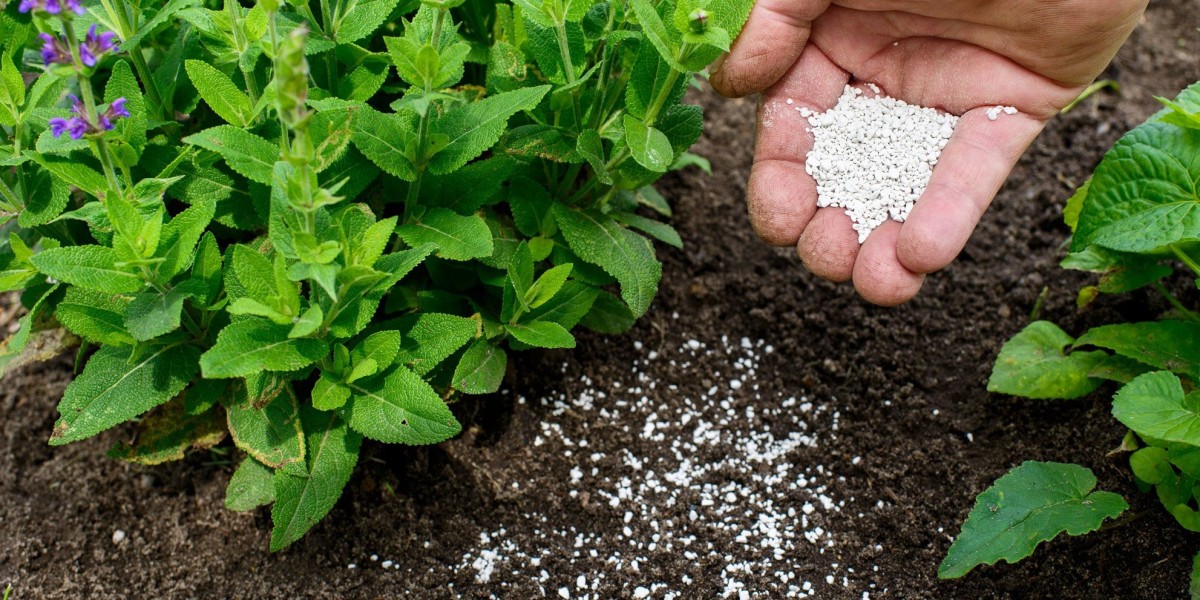Imagine having a garden that flourishes with vibrant blooms and bountiful produce. The secret to such horticultural success often lies in the proper use of plant fertilizer. In this article, we will explore the world of plant fertilizers, their types, applications, and much more. So, if you're looking to develop your green thumb and take your gardening skills to the next level, keep reading.
1. The Importance of Plant Fertilizer
Plants, like all living organisms, require essential nutrients to thrive. While soil provides some of these nutrients, it often falls short of meeting a plant's complete nutritional needs. Plant fertilizers bridge this nutritional gap by supplying vital elements, ensuring healthier growth, and higher yields.
2. Types of Plant Fertilizers
There are two primary categories of plant fertilizers: organic and inorganic.
2.1 Organic Mineral Fertilizers
Organic mineral fertilizers are derived from natural sources such as compost, manure, and bone meal. They improve soil structure, encourage beneficial microbial activity, and release nutrients slowly.
2.2 Inorganic Fertilizers
Inorganic fertilizers, also known as synthetic or chemical fertilizers, provide essential nutrients in a readily available form. They can be tailored to meet specific plant needs.
3. Understanding N-P-K Ratios
The N-P-K ratio, which stands for Nitrogen-Phosphorus-Potassium, is a critical factor when choosing a fertilizer. Each nutrient serves a distinct purpose, and the right balance is essential for various plant types.
4. When and How to Apply Fertilizer
Proper timing and application are crucial for fertilizer effectiveness. Different plants have different requirements, and applying fertilizer at the right time ensures optimal growth.
5. Common Mistakes to Avoid
Many gardeners make mistakes when using plant fertilizer nz. Over-fertilizing, neglecting the instructions, and using the wrong type of fertilizer are common pitfalls to avoid.
6. Fertilizing in Different Seasons
Seasonal variations affect a plant's nutrient requirements. Adjust your fertilizer regimen accordingly.
Conclusion
Plant fertilizers are the unsung heroes of successful gardening. They provide essential nutrients, promote growth, and enhance the beauty of your garden. By choosing the right organic fertilizer, following best practices, and being mindful of the environment, you can achieve stunning results in your garden.








